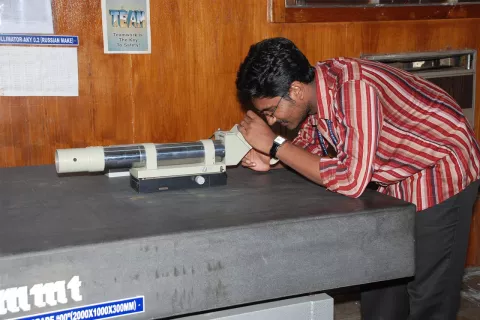Code of Ethics for Research
Members of the Research Ethics Committee:
| Name | Role | Institute |
|---|---|---|
| Dr.V.Malathi | External Expert | Anna University Regional Campus, Madurai |
| Dr.L.Ashok Kumar | Principal | TCE |
| Dr.S.Charles Raja | Associate Dean (R&D) | TCE |
| Dr.L.Radha | Librarian | TCE |
| Dr.K.Rajeswari | College Level Co-ordinator (R&D) | TCE |

